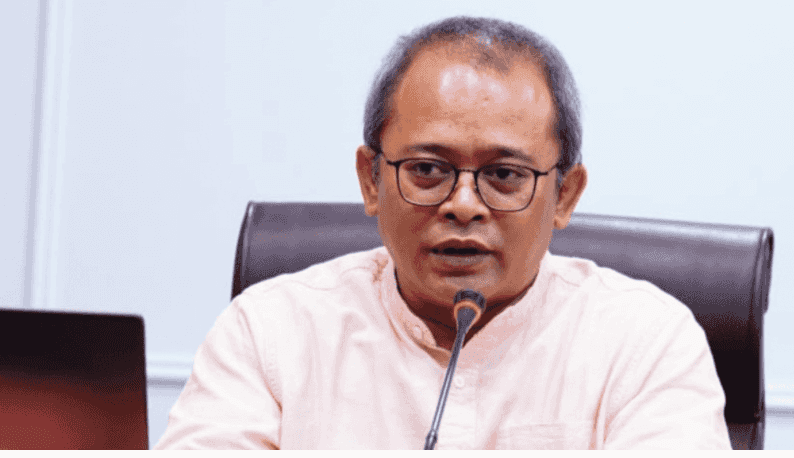Jakarta --- The Minister of Religious Affairs' Special Staff for the for Media, Public Communication and Information Technology, Wibowo Prasetyo, emphasized that halal certification through the Self Declare scheme is a form of state affirmation for micro and small enterprises (MSEs). The Ministry of Religious Affairs (MORA) will continue to strengthen supervision so that implementation is more optimal while minimizing the potential for errors.
The halal certification method with a business actor's statement or self-declare has started to be implemented since 2021. The implementation of self-declaration refers to the Government Regulation (PP) Number 39 of 2021 concerning Implementation of the Halal Product Assurance Sector and Minister of Religious Affairs Regulation (PMA) Number 20 of 2021 concerning Halal Certification for MSEs.
This method is carried out by the Halal Product Assurance Administering Agency (BPJPH) of the Ministry of Religious Affairs to increase the number of micro and small enterprise (MSEs) products that are halal certified. Based on BPJPH data, as of September 2 2023, there were 1,021,457 MSE products that were halal certified this year. This is stated in 633,917 self-declared halal certificates. "Halal certification using the self-declare method is a form of government support for MSEs. This self-declared halal certification is a strategic step so that our MSEs can compete in global trade," said Wibowo in Jakarta, Sunday (3/9/2023).
The government's support for MSEs is also based on the fact that this group is the driving force of the Indonesian economy. This self-declared halal certification is intended for products that use low-risk ingredients and use simple processing methods.
"The majority of our MSE products use low-risk ingredients. The ingredients are taken from nature, for example cassava, bananas, sweet potatoes, and so on which can be guaranteed to be halal. The processing method is also simple, for example cassava chips. If you have to follow halal certification with a regular mechanism, you have to lab tests, and so on, the costs are high. This is where we need to take sides so that MSEs can also enter the world of trade," he explained.
"Of course we also take this side by tightening supervision of the halal self-declaration certification process. Strengthening and improving the quality of the Halal Product Process Assistance is also continuously carried out," said Wibowo.
Wibowo also invited the public to participate in monitoring. According to him, halal certification concerns the interests of many people's lives. So, the more people who provide supervision, the better it will be. This supervision can be in the form of complaints and reporting to BPJPH if they find irregularities or irregularities in halal certified products.
"We are very grateful for the community's participation in supervision because this is also in accordance with the mandate of Law Number 33 of 2014 concerning Halal Product Guarantees," he said.
"We appreciate that the public is becoming more aware and participating in monitoring halal products. If deficiencies are found, then it is the right time for us to work together to fix them, not immediately stop self-declaring. As the saying goes, if there is a rat in the rice barn, don't catch it by burning the barn," he said.

